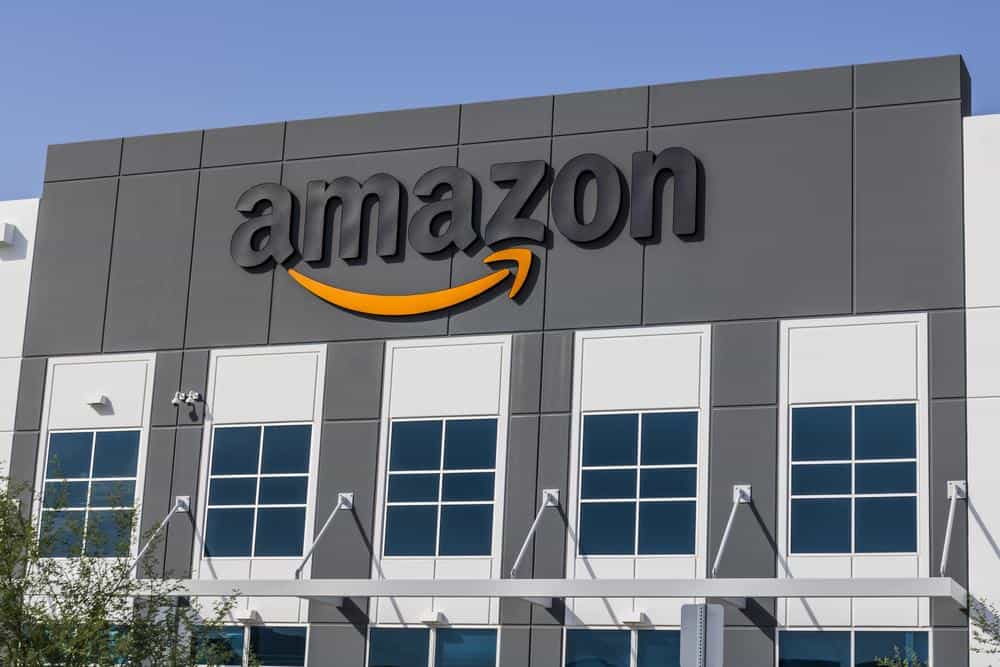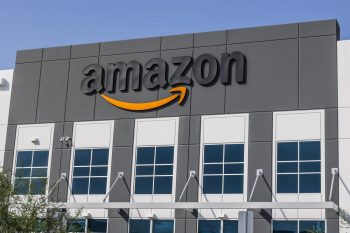
The story of Amazon’s inception is as fascinating as its founder, Jeff Bezos. Today, Amazon is a household name, synonymous with online shopping. But how did Bezos conceive this groundbreaking idea? Let’s delve deep into the journey of how Bezos thought of Amazon.
Jeff Bezos conceived the idea of Amazon in 1994 during the internet boom, recognizing its untapped potential for business. Inspired by the internet’s rapid growth, he brainstormed a list of products that could be sold online, eventually settling on books due to their low cost and universal demand. The name “Amazon” was chosen to reflect the vastness and diversity of the products he envisioned selling online. His vision, customer obsession, willingness to embrace failure and innovation, and long-term thinking were instrumental in shaping Amazon into the global e-commerce giant it is today.
An Idea Born from the Internet Boom
In the spring of 1994, Bezos stumbled upon a statistic that would change his life forever. He discovered that web usage was growing at a staggering rate of 2,300% per year. This was the era of the internet boom when the digital world was rapidly expanding and reshaping traditional business structures. Recognizing the immense potential of the internet, Bezos was inspired to leverage this platform to create a new kind of business.
The Genesis of Amazon
Bezos began by brainstorming a list of 20 potential products that could be sold online. After careful consideration, he decided that books were the best option due to their low cost and universal demand. He quit his lucrative job at D.E. Shaw, a Wall Street investment firm, and moved to Seattle to lay the foundation for Amazon.
The choice of Seattle was strategic. The city was a hub for high-tech talent and was in close proximity to the Ingram Book Group’s warehouse in Oregon, which would be crucial for Amazon’s inventory management.
The Vision Behind the Name
Bezos named his venture “Amazon” after the South American river, symbolizing the vastness and diversity of the products he envisioned selling online. The name also had a practical advantage – in the era of web directories, a name starting with ‘A’ would appear at the top of most lists.
Overcoming Challenges
The journey wasn’t without hurdles. Bezos faced skepticism from those who doubted the potential of an online bookstore to disrupt traditional retail. Limited resources, fierce competition, and the pressure to balance customer satisfaction with employee welfare were some of the challenges. However, Bezos’ relentless focus on customer needs, long-term thinking, and willingness to take risks helped him overcome these obstacles and build Amazon into a global e-commerce giant.
Bezos’ Personal Beliefs and Principles
Bezos’ personal beliefs and principles played a significant role in shaping Amazon. His customer obsession, long-term thinking, and focus on innovation became the defining principles of Amazon’s culture. Bezos believed in the power of high standards and encouraged a culture of high-velocity decision-making and ownership at Amazon. His willingness to embrace failure as a path to invention led to Amazon’s continuous innovation and disruption.
Evolving Vision
While Amazon started as an online bookstore, Bezos had always intended for it to be more. Over time, Amazon expanded into selling music, movies, electronics, and a wide variety of products. The introduction of Amazon Prime, Amazon Web Services, and the Kindle e-reader marked significant milestones in Amazon’s journey. Bezos’ vision evolved with changing market conditions, technological advancements, and societal expectations, propelling Amazon’s growth into new territories.
Conclusion
So, how did Jeff Bezos think of Amazon? It was a combination of recognizing the potential of the internet, having a clear vision, and the courage to take risks. Bezos’ relentless focus on customer obsession, long-term thinking, and readiness to embrace failure and innovation have been instrumental in shaping Amazon into the company it is today. It’s a powerful reminder that with the right mindset and willingness to take risks, one can create something as revolutionary as Amazon.
Frequently Asked Questions
What year was Amazon founded?
Amazon was founded in the year 1994.
What was Jeff Bezos’ profession before he started Amazon?
Before starting Amazon, Jeff Bezos was working at D.E. Shaw, a Wall Street investment firm.
Why did Bezos choose books as the first product to sell on Amazon?
Bezos chose books as the first product to sell on Amazon due to their low cost and universal demand.
What does the name ‘Amazon’ symbolize in the context of Bezos’ company?
The name ‘Amazon’ symbolizes the vastness and diversity of the products Bezos envisioned selling online. It is named after the South American river.
What were some of the key principles that shaped Amazon’s culture?
Some key principles that shaped Amazon’s culture include customer obsession, long-term thinking, focus on innovation, high standards, high-velocity decision-making, and embracing failure as a path to invention.
What are some of the key services and milestones in Amazon’s journey?
Some key services and milestones in Amazon’s journey include the introduction of Amazon Prime, Amazon Web Services, and the Kindle e-reader.
What were the major challenges faced by Bezos in the initial years of Amazon?
Bezos faced skepticism from those who doubted the potential of an online bookstore to disrupt traditional retail. He also had to deal with limited resources, fierce competition, and the pressure to balance customer satisfaction with employee welfare.











